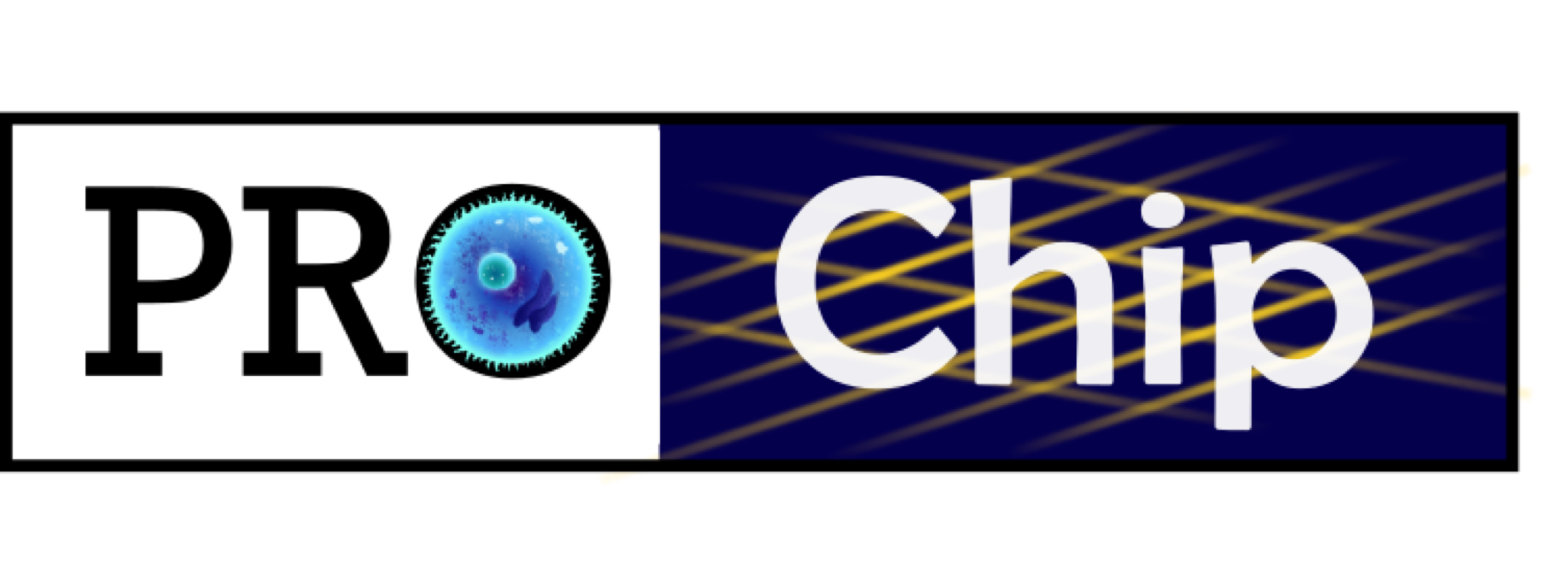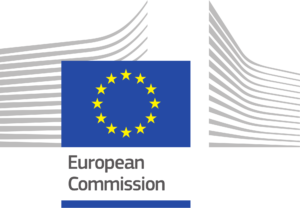
CNR IFN
The Istituto di Fotonica e Nanotecnologie (IFN) is part of the National Research Council (Consiglio Nazionale delle Ricerche – CNR), the largest public research institution in Italy. IFN-CNR, with a permanent staff of 65 people, is involved in more than 50 research projects funded by EU, Italian government, Regional funding, private foundations and private industries. IFN-CNR has a strong expertise in applications of femtosecond laser sources to material processing and has earned a widely recognized reputation in the field of femtosecond laser microstructuring with a twofold attitude: on one side, investigation of the fundamental aspects of laser-matter interaction; on the other side, demonstration of “real word” devices fabricated with this new technology, including bio-photonics and cell manipulation applications. IFN-CNR is located in the same building and shares advanced optical instrumentation with the Department of Physics. Politecnico di Milano is the leading Technical University in Italy, with approximately 40000 students in total and 28000 engineering students and approximately 1300 faculty members. The Department of Physics has an established experience in the development of laser-based technologies, with emphasis on the applications both of short and ultrashort pulsed laser sources and of photonics systems to the fields of biology and life science; in particular optical spectroscopy and tomography of biological media and fluorescence microscopy, including light sheet microscopy.
Name of CNR partners involved in PROCHIP:
Francesca Bragheri
Petra Paiè
Andrea Bassi
Alessia Candeo
Federico Sala
Gianmaria Calisesi
Michele Castriotta
Physics Departments – Imperial College
Imperial College has one of the largest and most prestigious Physics Departments in the UK with an outstanding reputation for excellence in research, undergraduate education and postgraduate training. Within that the Photonics Group, comprising 12 academic staff, conducts internationally significant research into the fundamental science underlying optical technologies and developing novel technologies for real-world applications. MSc and PhD students are trained to work with state-of-the-art photonics technology and to understand the underlying physics. The research aims to be adventurous and curiosity-driven but relevant to the wider photonics and photonics user communities within both academia and industry. Interdisciplinary research collaboration embraces other research groups across the College. Externally, the group maintains much formal and informal collaboration with academic and industrial colleagues in the UK and abroad. The breadth and scope of the research programs are reflected in the diverse range of funding sources. In particular, the Photonics Group acknowledges funding from: Aura Inc., BBSRC, DERA, EU, EPSRC, HEFCE, Holoscan (UK) Ltd, Aurox Ltd, Midaz Ltd, IPF Technology Ltd, IPG Group, Kentech Instruments Ltd, NPL, PPARC, Thales Optics and The Wellcome Trust.
Name of IMPERIAL partners involved in PROCHIP:
Mark Neil
Wenjun Gu
Hai Gong
UNITN
The Centre for Integrative Biology (CIBIO) at the University of Trento is the first initiative in molecular medicine and biotechnology in Trentino, an autonomous province characterized by a high level of public investment in innovation and research. CIBIO offers the possibility to work in a young, highly dynamic and stimulating research environment thanks to a streamlined organization, which can support research groups to readily adapt to new scientific challenges through cutting-edge research infrastructures. At CIBIO, research goals are pursued in the frame of an integrative view of basic biological processes and of their derangement in disease, whereby basic science co-exists with biomedical oriented translational approaches. CIBIO research is focusing on strategic area on life science such as Cancer Biology & Genomics, Cell and Molecular Biology, Microbiology & Synthetic Biology and Neurobiology & Development. The work of the 42 independent research teas working at CIBIO is interconnected and coordinated with the aim of advancing our knowledge in these fields. Within this context, the team of Chromatin Biology & Epigenetics leaded by Alessio Zippo (UNITN) has the opportunity to bring forwards its research objectives having access to the most advanced core facilities for cellular and molecular biology. Specifically, we are focusing on epigenetic mechanisms involved in driving tumorigenesis and metastatic progression. By integrating the development of mouse model of tumor progression and metastasis with state-of-the-art approaches in epigenetics the team is developing advance research lines in the field.
Name of UNITN partners involved in PROCHIP:
Alessio Zippo
Sarah D’Annunzio
CREATIS
The Centre de Recherche en Acquisition et Traitement de l’Image pour la Santé (CREATIS) is affiliated to three research institutes in France : Centre National de la Recherche Scientifique (CNRS), Institut National de la Santé Et de la Recherche Médicale (INSERM) and University of Lyon. CREATIS, with a permanent staff of 200 people, is involved in more than 130 research projects funded by EU, French government, Regional funding, private foundations and private industries. CREATIS is a biomedical imaging research laboratory, whose main areas of excellence and international influence are linked to two fundamental problems: on one side, the identification of major health issues that can be addressed by imaging; on the other side, the identification of theoretical barriers in biomedical imaging related to signal and image processing, modelling and numerical simulation. CREATIS meets these challenges through a multidisciplinary approach, based on a matrix organization, which stimulates interaction between six research teams working in information and communication science and technology, engineering sciences and life sciences. CREATIS is located on both academic and clinical sites in Lyon, Grenoble and recently St Etienne. For the two past decades, CREATIS has been promoting experimental, preclinical and clinical researches in the fields of ischemic and inflammation pathology and their consequences in both cardio-vascular and cerebral systems. More recently, research on cancer is also strongly supported. In the same time, CREATIS encourages theoretical and methodological approaches for imaging acquisition and quantification with the emergence of new bio-markers. To make effective realistic large scale studies, CREATIS has been investing in grid computing for 16 years, pioneering the introduction of medical Imaging on the European Grid CREATIS is a core member of the NoE VPH (Virtual physiological Human) European Institute.
Name of CREATIS partners involved in PROCHIP:
Carole Frindel
Frederic Cervenansky
Ali Ahmad
ELVESYS
Elvesys is an innovative company created in 2011, which aim the development of next-generation microfluidic and flow control instrumentation to help researchers to surpass the state-of-the-art in their scientific field. Elvesys now proposes the world widest brand of microfluidic flow control products, named Elveflow. The second main mission of the company is to enhance the technological transfer of microfluidic innovations from research laboratories to medical diagnostic and cell biology market. In this domain, Elvesys has developed and successfully commercialized plug-and-play, user-friendly instrumentation that allows non-specialized users to easily enter into the microfluidics field. In terms of technology and innovation, the company participates in European projects with its expertise on microfluidic flow setups. The company also welcome and train both experienced and early stage researchers on techniques and methods proper of microfluidics. In addition, the company supports the project in the field of industrialization, end-user vision and entrepreneurship. In terms of communication and reaching out to researchers outside the consortium Elvesys make use of their internal know-how on SEO methodologies through its Elveflow website, the world most viewed microfluidic website. In terms of innovation and commercialization, Elvesys implements R&D protocols addressing the user’s and market’s need. This approach is shared with researchers and students and applied throughout our current European project.
Name of ELVESYS partners involved in PROCHIP:
Lydie Jeux
Aurélie Vigne
LARIS
Laboratoire Angevin de Recherche en Ingénierie des Systèmes(LARIS). The LARIS is a 100 staff of people laboratory with expertise in image and signal processing applied to life sciences including biology, plant science and biomedical imaging with specific skills on the modeling of noise in imaging systems and associated. Such modeling skills have been applied to a large variety of imaging systems including MRI, X-ray, confocal, LSTM, …
Name of LARIS partners involved in PROCHIP:
David Rousseau
ADVISORY BOARD
- Prof. Ernst H. K. Stelzer, Buchmann Institute for Molecular Life Sciences and Goethe-Universität Frankfurt am Main, Germany
- Prof. Simon Arridge, Centre for Medical Image Computing, University College London, UK
- Prof. Tom Misteli, Center for Cancer Research, National Cancer Institute, Bethesda, USA







